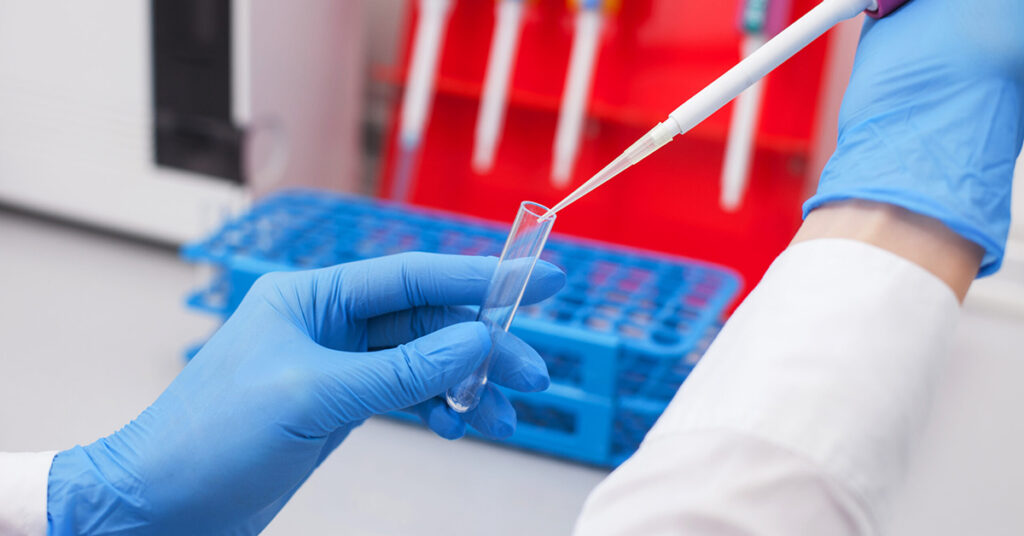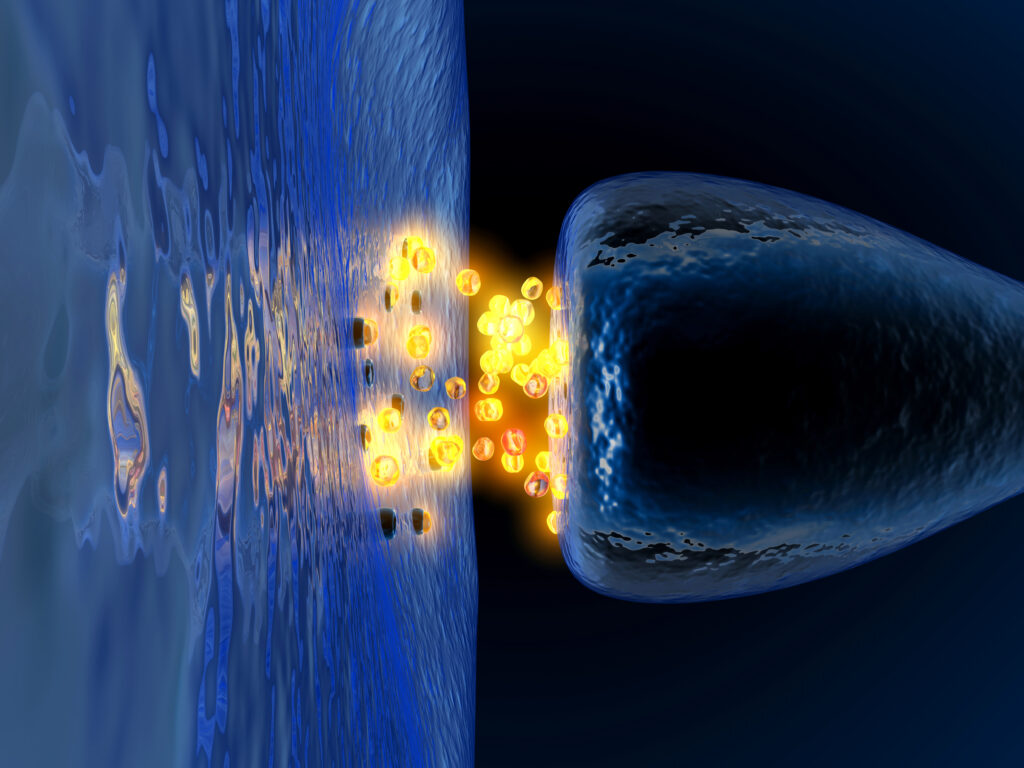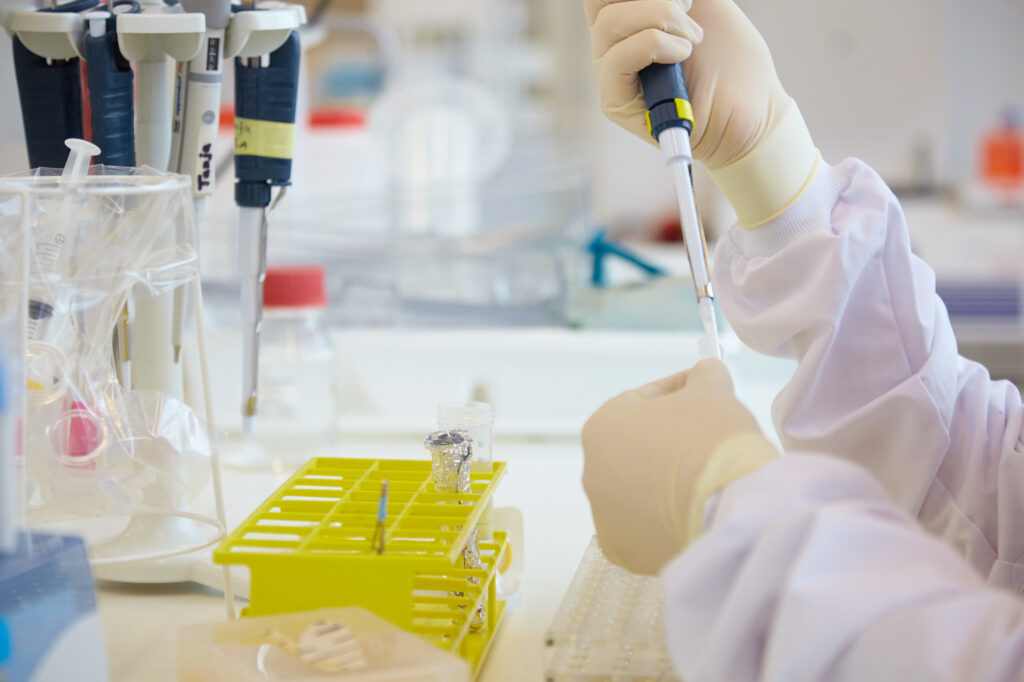News
Unveiling the Metabolic Flexibility of Cancer Cells
Insights into metabolic responses to glucose shortage

Understanding the intricate metabolic pathways that drive tumour progression has been a focus of intense investigation in the field of cancer research. In a recent study led by the LIH Department of Cancer Research (DoCR) and published in February 2024 in the prestigious journal Cell Reports, researchers shed light on the metabolic flexibility of cancer cells when faced with a shortage of glucose, offering novel insights into their adaptive strategies and potential vulnerabilities.
Throughout the process leading to the formation of metastases, cancer cells are constantly faced with harsh metabolic environments and nutritional stresses. Inside the tumour for instance, there are areas with limited glucose supply due to the heterogeneous vasculature, a condition which applies selective pressure leaving only the most metabolically resilient cells to survive and metastasise. Indeed, a hallmark of cancer cells is their metabolic flexibility and plasticity, a feature that is responsible for their adaptation and proliferation. “In particular, our study aimed to uncover the mechanisms that drive metabolic adaptations in response to limited glucose levels in the tumour microenvironment and the resulting implications for cancer cell survival and proliferation, ultimately paving the way towards new therapeutic strategies against metastatic cancers”, explains Dr Mohaned Benzarti, scientist within the Cancer Metabolism Group of the LIH Department of Cancer Research and first author of the publication.
A novelty of the researchers’ approach was to reproduce in vitro the scenario of glucose scarcity in the tumour microenvironment by using galactose instead of glucose. Indeed, on the one hand, in vitro studies often use excessive concentrations of various nutrients, including glucose, when studying metabolic responses in cancer cells, leading to cancer cells becoming ‘addicted’ to glucose and forcing them to skew their metabolism unnaturally towards aerobic glycolysis. On the other hand, studies looking into how cancer cells would respond to the scarcity of glucose in the tumour microenvronment mostly use the complete absence of glucose in vitro, which does not reflect what occurs within the tumour microenvironment. The true metabolic flexibility of cancer cells in response to nutrient availability can therefore go undetected. “We circumvented this issue by substituting glucose for galactose, an alternative sugar which can still support energy generation but in a slower and more continuous manner, more representative of the actual tumour microenvironment where glucose is rapidly consumed but continuously replenished through the circulation”, explains Dr Benzarti.
This allowed the research team to capture relevant metabolic features of tumour cells that occur in a low-glucose context, thus unmasking their true metabolic flexibility in vitro. “Specifically, we found that, when glucose is scarce, cancer cells rewire their glucose-burning metabolism towards a different substrate, namely serine, to support their energy production and combat oxidative stress”, explains Dr Benzarti.
Namely, this so-called serine synthesis pathway (SSP) leads to the production of serine, an amino acid that is an essential precursor for protein, nucleic acid, and lipid synthesis and, therefore, for cancer cell survival, growth and proliferation. The team found that the switch from the regular glycolytic metabolism to SSP is regulated by “switch” protein PKM2 (pyruvate kinase isozyme M2) which, when blocked, redirects cancer cell metabolism towards serine production.
“The diversion of cellular metabolism towards SSP offers many metabolic advantages for cancer cells”, says Dr Benzarti. “From an energy perspective, this pathway has the potential to generate a meaningful amount of “fuel” biomolecules. Furthermore, SSP has a high flexibility, meaning that it can be adapted to the cell’s specific requirements in order to produce the biomolecules it needs under certain conditions”, he adds.
In conclusion, our findings highlight the flexibility and plasticity of the biochemical network in tumour cells. These adaptive traits present a challenge when developing precision-medicine drugs that target cancer cell metabolism, and therefore necessitate a deeper understanding of the impact of nutrient availability in the tumour microenvironment on cancer cell metabolism. To this end, we are currently working on further elucidating the precise mechanisms that govern the inhibition and activation of PKM2 and the link with other metabolic pathways.
concludes Dr Johannes Meiser, corresponding author of the publication and director of the LIH Department of Cancer Research.
The study was published in February 2024 in Cell Reports with the full title “PKM2 diverts glycolytic flux in dependence on mitochondrial one-carbon cycle”.
Funding and collaborations
The study was supported by the Luxembourg National Research Fund (FNR) under the ATTRACT, CORE, PRIDE and i2Tron programmes, as well as by the Fondation du Pélican de Mie et Pierre Hippert‐Faber, under the aegis of the Fondation de Luxembourg, the Fondation Cancer and FNRS-Télévie. It was carried out in collaboration with the Luxembourg Centre for Systems Biomedicine of the University of Luxembourg, the University Hospital Frankfurt at Goethe University, the German Cancer Consortium and the Cancer Research U.K. Scotland Institute.







